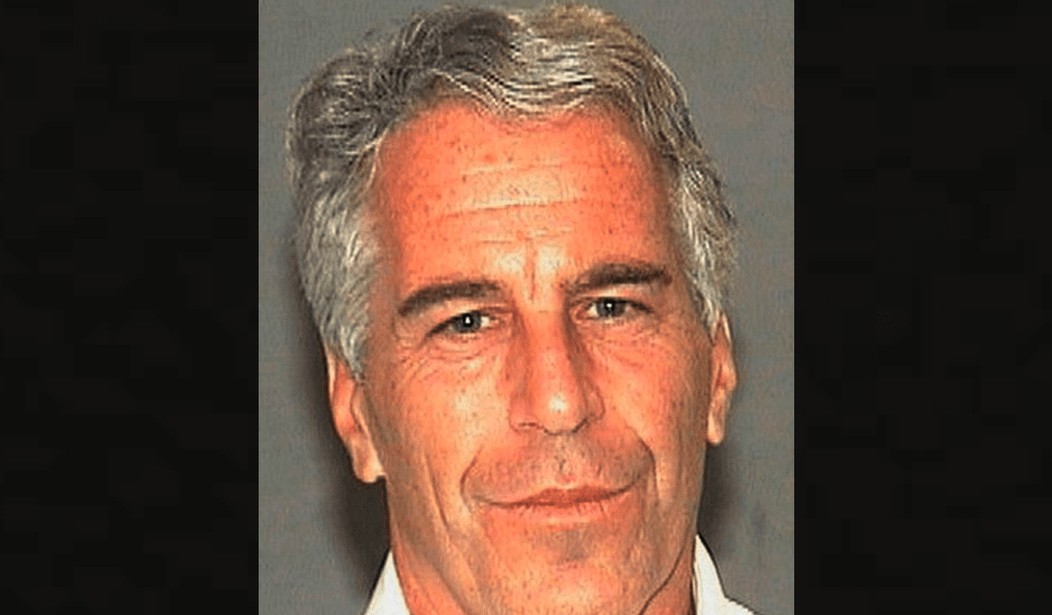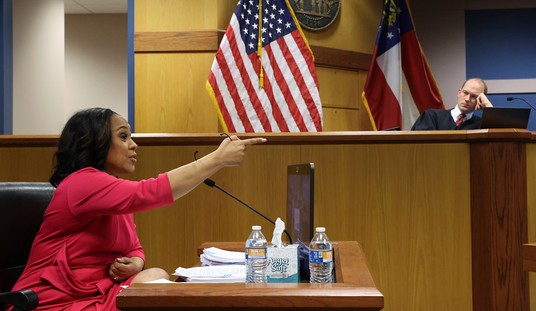In his article in the New Republic Warren Breckman described liberalism as a moral condition, a state of behavior and mind. He quotes a 1920s contributor to the same magazine, John Dewey, who argued there were ‘two streams’ of liberalism — “one was anchored in laissez-faire economics, worshipped the ‘gospel of individualism,’ and served as a toady of big industry and banking. The other was humanitarian and open to government interventions and social legislation” But the true American liberalism, wrote Dewey, stood for “liberality and generosity, especially of mind and character.”
For almost two millennia, [Helena] Rosenblatt contends, being liberal meant displaying the civic virtues. Clearly an aristocratic ethos, liberality in its Roman, medieval, and early modern forms supported the concept of noblesse oblige and, in the seventeenth and eighteenth centuries, the ideal of the gentleman who showed tolerance and munificence toward his inferiors.
The decline of this great undertaking only 30 years after Francis Fukuyama proclaimed that “the universalisation of western liberal democracy as the final form of human government” was at hand is a puzzle. Perhaps its weak point was the need for a moral aristocracy. This curious combination can be unstable since aristocracies can be both oppressive and immoral. As Breckman noted “a political tradition with roots in paternalistic elitism … has produced many moments of profound ambivalence.”
But it has other vulnerabilities. The very definition of morality has lately been questioned by liberalism’s chosen allies. While Democratic presidential candidate Michael Bennet’s accused Donald Trump of being “at war with American tradition” some in his own party argued that the whole idea of American tradition was racist. As Tucker Carlson noted, Ilhan Omar doesn’t want any part of it.
Omar isn’t disappointed in America, she’s enraged by it. Virtually every public statement she makes accuses Americans of bigotry and racism. This is an immoral country, she says. She has undisguised contempt for the United States and for its people. That should worry you, and not just because Omar is now a sitting member of Congress.
“Civic virtue” can also be ambiguous when open borders and the equivalence of all cultures mean there is no pot to melt in. “We’re destroying the classical definition of the melting pot,” according to Victor Davis Hanson, “in which your superficial appearance was supposed to be incidental, not essential to who you are.” In an identity society, nothing is virtuous except your own tribe.
House Speaker Nancy Pelosi, D-Calif., is trying to tamp down an ongoing squabble between a quartet of progressive members and a large bloc of moderate Democrats. … Tensions inside the caucus have simmered for some time, but the internal party fight spilled out into the open during debate over a border spending bill that passed the House last month. Pelosi allowed a vote on a Senate-passed version of the bill, without a series of amendments negotiated by progressives to protect migrants, at the behest of more moderate members. …
But a day earlier, one of the four — Rep. Alexandria Ocasio-Cortez, D-N.Y. — made it personal, suggesting in an interview with the Washington Post that Pelosi was deliberately targeting the four because of their race.
Plus American liberalism had gotten into the habit of proclaiming its own decline. When Christopher Layne argued (in The Atlantic) in 2012 that “America’s power and influence over the international political system will diminish markedly from what it was,” the public inevitably regarded it as a liquidation notice.
As the empire wound down, the British establishment unravelled, attracting mockery rather than deference. The public schools’ focus on the classics, their hostility to teaching science, their obsession with team sports and “character training” no longer seemed relevant to a country experiencing what Harold Wilson called “the white heat of this [technological] revolution”.
At many universities, replacing the word “classics” with “gender studies” and “character training” with “social awareness” produces the same effect. It’s hard to believe in something that doesn’t believe in itself.
Yet perhaps the biggest hurdle virtue-based liberalism faced was the problem of elite morality or the lack thereof. The Jeffrey Epstein teenage trafficking case, coming on the heels of numerous celebrity and media sex scandals, reminded everyone that the aristocracy was as fallible as anyone else. That the Justice Department sat on evidence for more than 10 years made it even worse because the rot was bipartisan — and widespread. The scandal touches “numerous prominent American politicians, powerful business executives, foreign presidents, a well-known prime minister and other world leaders” who were exploiting the weak, the troubled, the runaways.
In this ethical morass, the Deplorables don’t seem so bad at all. One reason why virtue-signaling attacks against Donald Trump have proved ineffective is that many are convinced the liberal elite appear no better and good deal less competent than the knuckle-draggers they denounce. Consequently, not a few are willing to go with a president who has boosted the economy, defeated ISIS, rebuilt the military and even — as an article in Foreign Policy claims — done more for the millions of Uighurs in camps than any Islamic leader, even if he has done this not out of virtue but self-interest, simply because he wants to be re-elected or wants the America which he leads to be number one. Trump cultivates this narrative, making only a shambolic nod to respectability while ceaselessly stressing his ability to win.
“If men were angels” we could trust the philosopher-kings. Since politicians are more likely to be devils some rely instead on limited government, where competition and the “gospel of individualism” working through the hidden hand of self-interest might produce more virtue than the Best and the Brightest.
The incorrigibility of aristocrats may disappoint those who believed fervently in the perfectibility of human nature. Steven Pinker argued that humans were becoming more moral under the tutelage of enlightenment, that “the way to explain the decline of violence is to identify the changes in our cultural and material milieu that have given our peaceable motives the upper hand.” Yet men with all the advantages proved apt to greed and perversion, reminding us that wealth, education and intelligence can accelerate evil as well as retard it. Perhaps the most famous warning against undue reliance on perfectibility comes from the movie Forbidden Planet.
Dr. Morbius : In times long past, this planet was the home of a mighty, noble race of beings who called themselves the Krell. Ethically and technologically they were a million years ahead of humankind, for in unlocking the mysteries of nature they had conquered even their baser selves, and when in the course of eons they had abolished sickness and insanity, crime and all injustice, they turned, still in high benevolence, upwards towards space. Then, having reached the heights, this all-but-divine race perished in a single night, and nothing was preserved above ground.
Commander Adams : But like you, the Krell forgot one deadly danger – their own subconscious hate and lust for destruction.
Dr. Morbius : The beast. The mindless primitive! Even the Krell must have evolved from that beginning.
Commander Adams : And so those mindless beasts of the subconscious had access to a machine that could never be shut down. The secret devil of every soul on the planet all set free at once to loot and maim. And take revenge, Morbius, and kill!
Dr. Morbius : My poor Krell. After a million years of shining sanity, they could hardly have understood what power was destroying them.
Even the metaphorical adults in the room proved vulnerable to the monsters from the Id. It took the fictional Krell a million years to realize what dangers lurked in the power of its philosopher-kings, in their mighty machines. At least humanity found out in only thirty.
Follow Wretchard on Twitter
Tipjar at wretchard.com
Support the Belmont Club by purchasing from Amazon through the links below.
Books:
A Legacy of Spies, by John le Carre. Intelligence operations that were once the toast of secret London are to be scrutinized by a generation with no memory of the Cold War and no patience with its justifications.
Vietnam: An Epic Tragedy, 1945-1975, by Max Hastings. With testimony from Vietcong guerrillas, Southern paratroopers, Saigon bar girls, and Hanoi students, alongside that of infantrymen from South Dakota, Marines from North Carolina, and Huey pilots from Arkansas, Hastings creates an extraordinary record of both a US and Vietnamese tragedy by blending a political and military narrative of the entire conflict with heart-stopping personal experiences.
Napoleon the Great, by Andrew Roberts. The book focuses on Napoleon as a fundamentally constructive ruler and political/military genius, the Napoleon whose peacetime activity produced countless indispensable civic innovations – and whose Napoleonic Code provided the blueprint for civil law systems still in use around the world today.
Deep Medicine: How Artificial Intelligence Can Make Healthcare Human Again, by Dr. Eric Topol. Following on The Patient Will See You Now and The Creative Destruction of Medicine, both by the same author, this book reveals AI’s potential to transform everything doctors do, from note-taking and medical scans to diagnosis and treatment. Topol explains how AI could cut the cost of medicine, reduce human mortality, and create more space for real healing to take place between a doctor and his patients.
For a list of books most frequently purchased by readers, visit my homepage.
Did you know that you can purchase some of these books and pamphlets by Richard Fernandez and share them with your friends? They will receive a link in their email and it will automatically give them access to a Kindle reader on their smartphone, computer or even as a web-readable document.
The War of the Words, Understanding the crisis of the early 21st century in terms of information corruption in the financial, security and political spheres
Rebranding Christianity, or why the truth shall make you free
The Three Conjectures, reflections on terrorism and the nuclear age
Storming the Castle, why government should get small
No Way In at Amazon Kindle. Fiction. A flight into peril, flashbacks to underground action.
Storm Over the South China Sea, how China is restarting history in the Pacific.










Join the conversation as a VIP Member